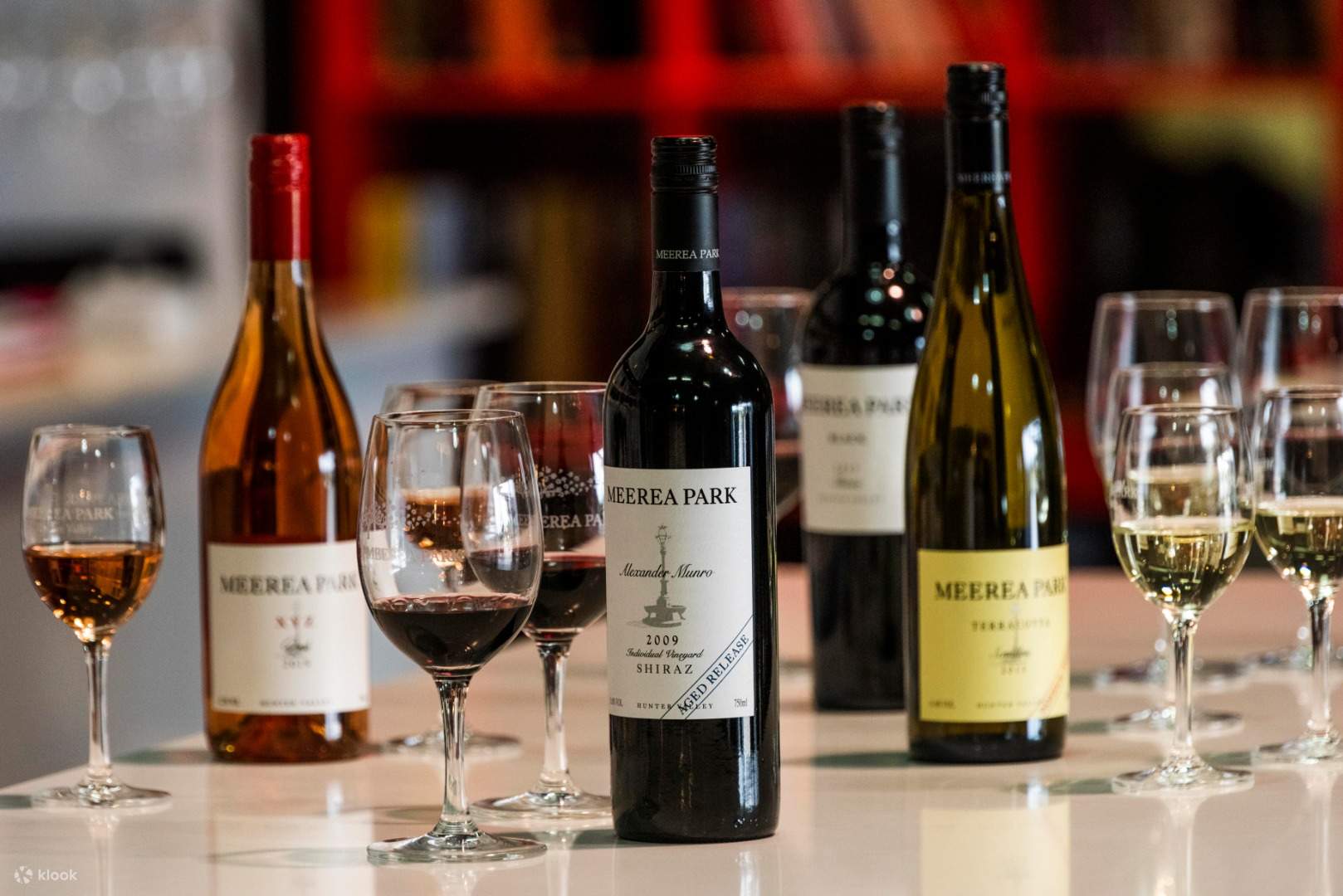Exploring the World of Wine Tasting
Wine tasting is more than just sipping a glass of wine; it’s a sensory journey that allows us to explore the world of flavors, aromas, and textures encapsulated within each bottle. Whether you are a seasoned connoisseur or a novice wine enthusiast, understanding the art and science of wine tasting can enhance your appreciation of this ancient elixir. In this article, we will delve into the intricate world of wine tasting, providing insights, tips, and techniques to help you savor every sip.
The Fundamentals of Wine Tasting
Before we dive into the nuances of wine tasting, it’s essential to grasp the basic principles that underpin this fascinating art form.
- The Five S’s of Wine TastingWine tasting typically involves five key steps, often referred to as the “Five S’s” to help you appreciate wine fully:
- See: Begin by observing the wine’s appearance. Hold the glass against a white background and examine the color and clarity of the wine. This can provide insights into its age and varietal.
- Swirl: Gently swirl the wine in your glass to release its aromas. This action aerates the wine, allowing its fragrances to emerge.
- Smell: Bring your nose to the glass and take in the wine’s bouquet. Note the various scents and aromas, from fruit and flowers to earthy and woody notes.
- Sip: Take a small sip of the wine and let it coat your palate. Pay attention to the flavors and textures on your tongue.
- Savor: Savor the wine’s finish, which is the aftertaste that lingers on your palate. This will provide additional clues about the wine’s quality and complexity.
- The Wine GlassThe choice of wine glass is crucial to the tasting experience. Different wine styles are best served in specific glass shapes designed to enhance their unique characteristics. For example, red wine glasses have a wider bowl to allow for aeration, while white wine glasses have a more narrow bowl to preserve the wine’s delicate aromas.
Developing Your Wine Palate
Now that you understand the basic principles of wine tasting, it’s time to develop your palate. Here are some tips to help you become a discerning wine taster:
- Taste Widely: Explore a variety of wines, both red and white, from different regions and grape varieties. Tasting a wide range of wines will help you develop your palate and identify your preferences.
- Take Notes: Keep a wine journal to record your tasting experiences. Note the wines you’ve tried, their aromas, flavors, and any other impressions you have. This can be a valuable reference for future tastings.
- Taste Blind: Try blind tastings, where you don’t know the identity of the wine you’re tasting. This can help you focus on the wine’s characteristics without preconceived notions.
- Attend Wine Tasting Events: Join wine tasting events, whether at local wineries, wine bars, or organized tastings. These events provide an opportunity to taste a variety of wines and learn from experts.
- Pair with Food: Wine and food pairings can enhance the tasting experience. Experiment with different combinations to discover how wine complements various dishes.
The Science of Wine Tasting
Wine tasting is not only an art; it’s also a science. Various factors influence the way we perceive wine, from the chemistry of our senses to the influence of the environment. Here are some scientific aspects to consider:
- Chemical Composition: The complex chemical composition of wine, including acids, sugars, tannins, and aroma compounds, plays a significant role in the tasting experience. Each of these components contributes to the wine’s flavor and structure.
- Terroir: The concept of terroir refers to the impact of a vineyard’s unique environmental factors, such as soil, climate, and topography, on the wine’s character. Understanding terroir can help you appreciate the nuances of different wine regions.
- Sensory Perception: Our senses of taste and smell are highly subjective. Genetics, individual differences, and personal experiences all influence how we perceive wine. What one person describes as “fruity” might be “earthy” to another.
Wine tasting is an enchanting journey through the senses that combines art and science. By mastering the fundamentals, developing your palate, and exploring the scientific aspects of wine tasting, you can unlock the secrets of this ancient elixir. Whether you’re enjoying a casual glass at home or attending a formal wine tasting event, your newfound knowledge will enrich your appreciation of wine and enhance your overall experience. Cheers to the world of wine tasting!

